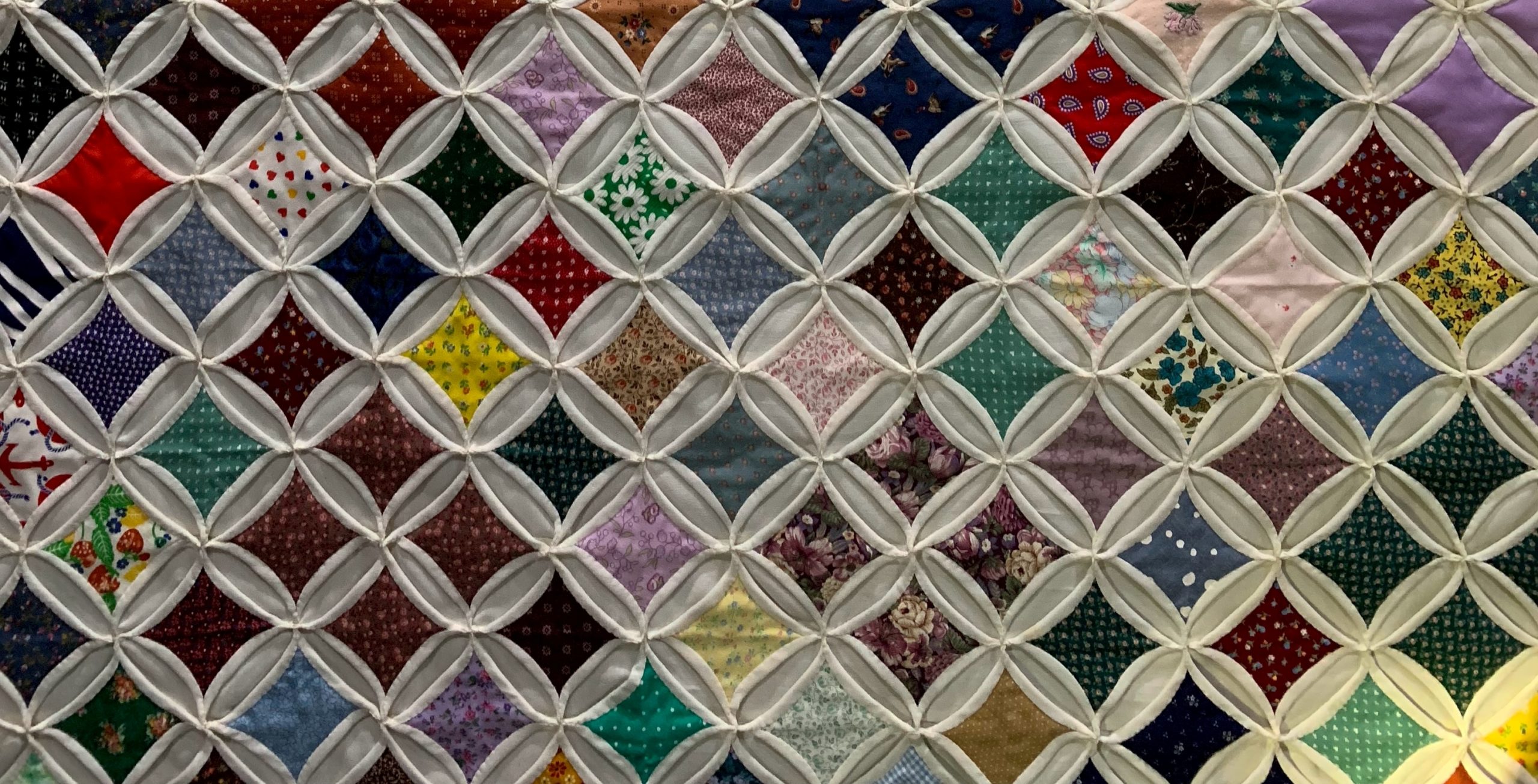
Heritage: What roots us?
Culture is a nebulous word.
Culture is a word we all toss around, but it has a depth of meaning that we seldom mine. Often it is used to designate the arts or an esoteric idea of elegance or sophistication. But culture has grit too, if we think of it in terms of roots and what anchors us to a particular country or community or family. That is where the heritage part comes in, when what is valued is passed down through generations.
“Heritage makes us who we are.”
It helps us to form an identity by rooting us in traditions, values, and beliefs of the culture surrounding us. Our heritage is something that needs to be claimed and requires active participation, but that is almost impossible to do alone; there is a collective piece needed. “Cultural heritage implies a shared bond, our belonging to a community. It represents our history and our identity; our bond to the past, to our present, and the future.” It is often the intersection where history and creativity meet, in expression of those abstract ideals to which people profess devotion and honor.
What makes us value our heritage
The short story Everyday Use by Alice Walker explores the idea of how cultural heritage is understood and claimed. When Dee returns to the simple country home of her mother and sister, Maggie in her new persona, Wangero, she is tickled by the “authenticity” of the place she couldn’t wait to leave. Wangero has become ‘enlightened’ about her cultural heritage, and fawns the simple items they live with: “I never knew how lovely these benches are. You can feel the rump prints.” She sets her sights on her Grandmother’s butter dish, the churn and homemade quilts, rejecting those that are “stitched around the border by machine.” What she is overlooking in her newfound enlightenment is how essential these ‘artifacts’ are to her family’s everyday life. Heritage requires engagement more than appreciation.
When cultures clash
If there can be competing ideas of what culture entails just within a family, it becomes even more complicated when it involves entire peoples or nations. Monsignor Obiora Ike looks at this idea from several angles in his essay Reflections on Culture. Not only do two (or more) cultures encountering each other create potential conflict, but change within a single culture often creates the same effect. He looks at this through the lens of Europe’s presence in Africa. However, in Ike’s view, working through the collision is paramount to finding meaning and understanding. Cross-cultural awareness and respect build bridges.
The following pieces are included for your reflection and enjoyment: What is Cultural Heritage? essay by Elena Franchi and a poem by Joy Harjo entitled Remember